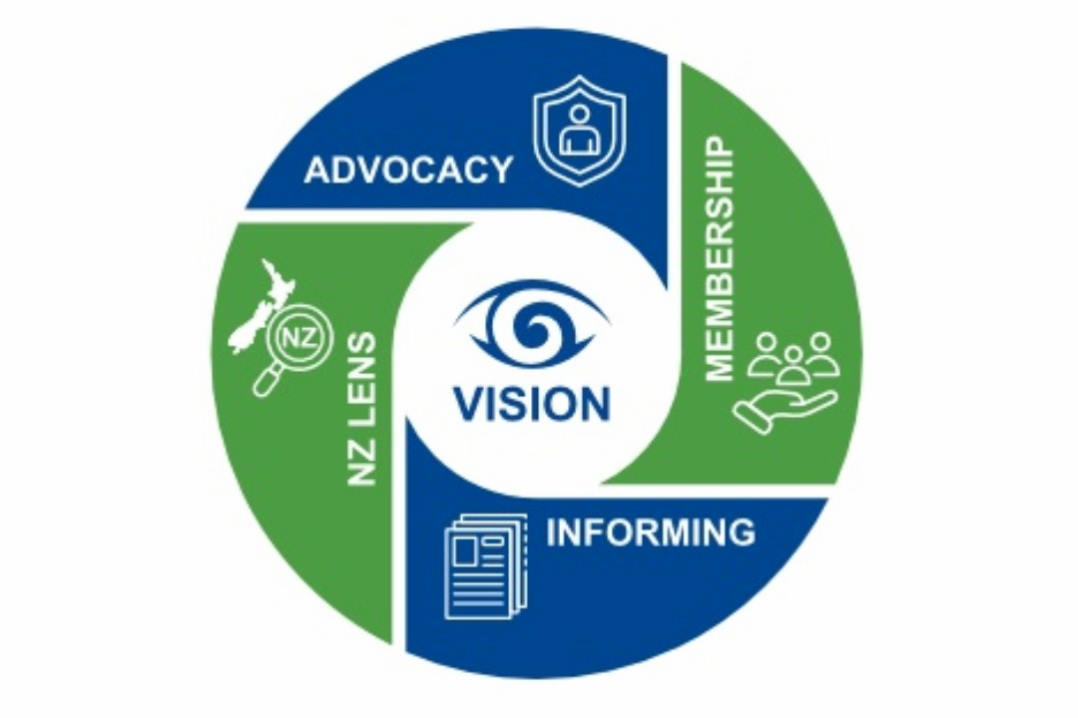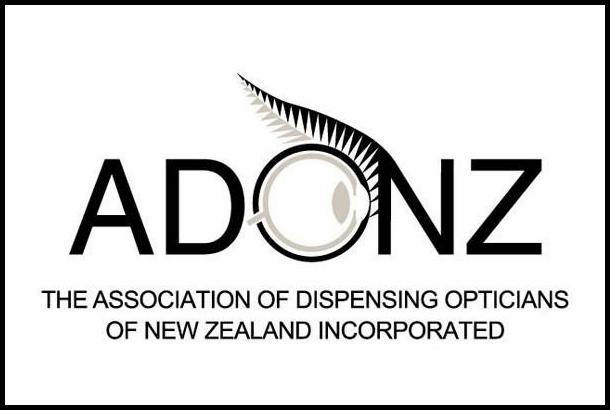How to manage staff complaints
The work environment is a microcosm of greater society, made up of a wide variety of people, often with differing backgrounds, upbringings, personalities, interests, skill levels, opinions and world views. The fact that people in the workplace mostly get along is amazing!
However, being humans, situations will occasionally arise and upset someone. If they feel strongly enough about the matter, be it perceived unfair treatment or a personality clash, they may lodge a complaint with their employer. Since employers are obliged to create and maintain a healthy and safe working environment, they must take any employee complaint seriously and provide the channels to have it thoroughly investigated and provide some solutions.
In some cases, the employer may already have been aware of an issue bubbling under the surface and simply hoped it would evaporate. In our experience at Positive People, if an issue has any substance, it will rear its head at some point – serious issues seldom disappear of their own accord. Left to fester, they become layered and more difficult to resolve when they inevitably have to be addressed.
Some organisations have an established complaints procedure, which can be useful in outlining the process for any complainant to follow. Regardless, it is legislated that every employment agreement contains a plain explanation of how to resolve employment relationship problems, including advice that personal grievances must be raised within 90 days. It is useful for employers to publicise this process, which includes advice to all employees. This includes:
- Discuss the problem with your employer and try to resolve it. Be clear about the facts and issues
- Discuss the matter with a union, lawyer or other person or organisation that may be able to find out what the law is and/or what your employment agreement says. It is important to clarify whether you still have a problem and exactly what it is
- If the problem is not resolved by discussion, you or your employer may:
- Contact the Ministry of Business, Innovation and Employment for their help, which may include mediation
- Contact the Employment Relations Authority for a decision
- If you’re unsatisfied with the Employment Relations Authority determination, go to the Employment Court for a judicial hearing
- If you believe you have a personal grievance, you must raise it with your employer within 90 days of the action complained of, or the date you became aware of it (whichever is later). Personal grievances may be pursued if you believe you have any of the following complaints:
- Unjustifiable dismissal
- Unjustifiable action which disadvantages you
- Discrimination
- Sexual harassment
- Racial harassment
- Duress over membership of a union or other employee organisation
In any employment relationship problem, the employee has the right to be represented by a person of their choice. Over and above these steps, there are some important supporting actions an employer can take.
Acknowledge the complaint – Acknowledge the complaint’s importance to the employee. They have probably been weighing up whether to raise their issue for some time, so take them seriously
Intervene early – Early intervention and resolution is key with almost all employment upsets, no matter what form they take. If you, as the employer, become aware of an issue via the Performance Review process or through day-to-day interactions, make the time to raise it with the employee. Being pro-active in looking to resolve any points of dissonance can mean that the matter is dealt with early and a formal complaint avoided
Investigate the complaint – Handle any investigation thoroughly and with fairness. This may involve interviewing various staff members. If too sensitive, or involving a conflict of interest, outside support may be necessary
Take appropriate action – If possible, put in place any appropriate fixes that will help resolve the matter
Follow up – Once an issue is out in the open and some discussion around it has taken place, don’t leave it there. Follow up with the employee to see that the issue really is resolved. Not only does this usually help resolve the matter but it also demonstrates care and concern for the employee. Should the employee take matters further, it also has the benefit of demonstrating the employer was taking the issue seriously and attempting to resolve it
Offer EAP support – An employer-sponsored employee assistance programme (EAP) can help employees get complaints off their chest and is a good way of showing you care. These programmes not only help with workplace difficulties but also provide a channel for personal issues to be resolved
Regularly conduct staff engagement surveys – These allow an employer to have their finger on the pulse of employee thoughts, opinions and feelings. They can identify and rectify common issues and can obviate potential complaints
Create a culture of care – When employees are comfortable raising issues because they know their employer wants to fix them, it fosters respect and trust and usually means that complaints are few and far between
Dealing with staff complaints is not easy, but taking proactive steps to resolve complaints with care and compassion means you are well positioned to both resolve matters and minimise employment risk.
Focus on Business is supported by The Independent Optometry Group (IOGroup)

Alan Pettersen is the founder and director at Positive People HR Consultancy, a firm with over 25 years’ HR experience guiding and supporting businesses. If you need assistance with anything HR related, please contact Alan on 021 184 5661 or alan@positivepeople.co.nz. Watch the Positive People video at www.positivepeople.co.nz and see how Positive People can help.
























